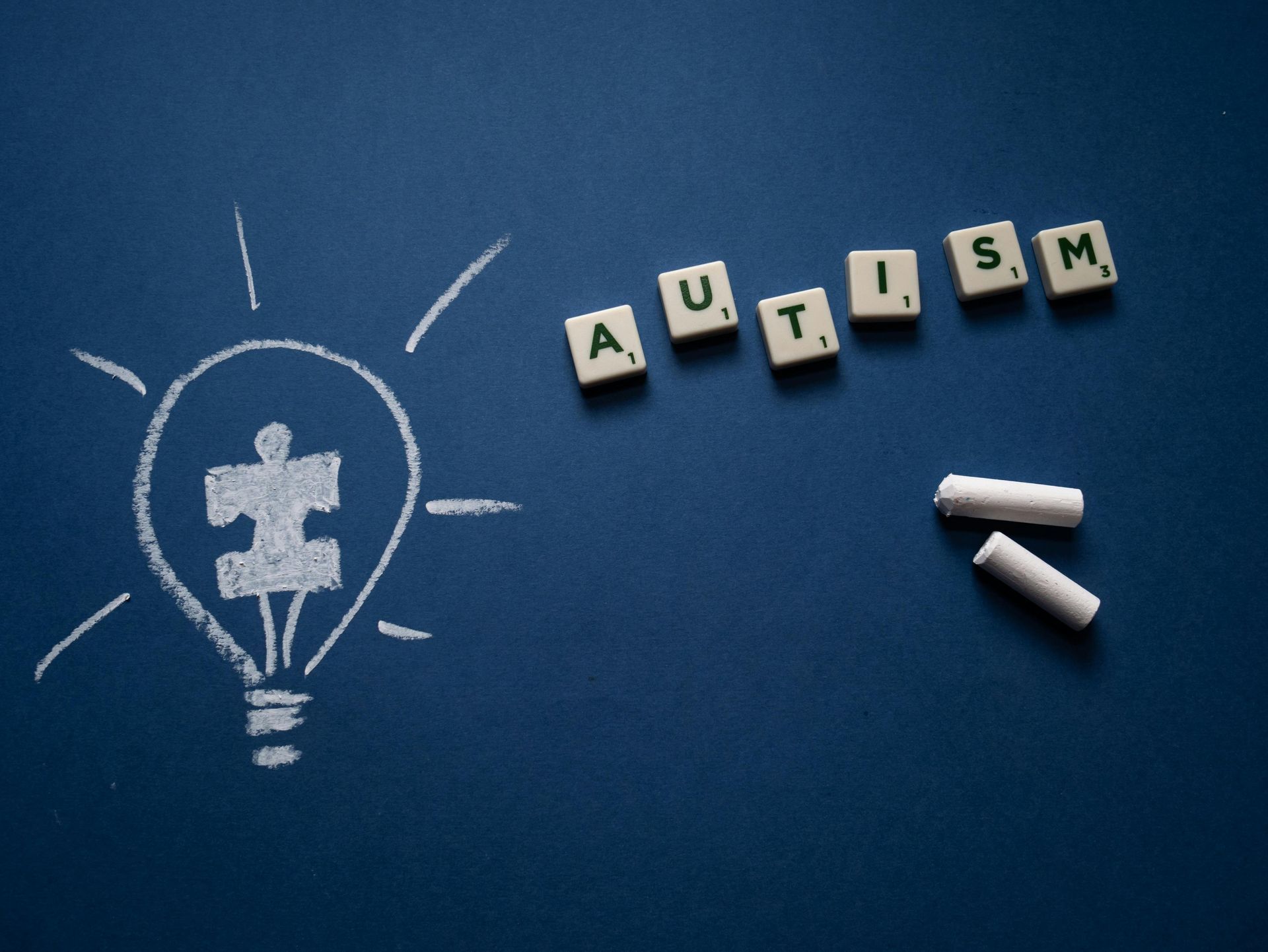Medications do not cure ADHD. They help to control the symptoms of poor attention, overactivity, or impulsivity.
There are several different medications available for treating ADHD. These fall into two groups:
Stimulant medications:
- Methylphenidate
- Lisdexamfetamine
Stimulant medications increase the availability of Dopamine and Noradrenaline in areas of the brain that help to control attention and behaviour. There is good evidence for using stimulants to treat ADHD, and in most people they are effective, safe, and well tolerated. You will usually be able to tell quickly if they are helpful or not.
Stimulant medication, methylphenidate is usually prescribed first, this is as per NICE guidance. The type of stimulant prescribed will depend on a number of things like the symptoms your experiencing, when the symptoms are most prominent and how long you experience them for.
Methylphenidate is available as different forms. Immediate release methylphenidate is short-acting. It is used for its flexibility in dosing and can be used to determine the correct level of dose during dose changes. Slow or modified release methylphenidate work for 6 – 12 hours and can be given once a day. They are more convenient as they need not take a dose in school or work, which may help reduce the stigma attached to this disorder.
The medication needs to be built up gradually to minimise any side-effects and to find the right dose for you. Many people wonder why stimulant medications are used to treat a condition that causes hyperactivity. These medications strengthen a part of the brain, the Prefrontal Cortex, that can help to control the areas of the brain that drive hyperactivity.
Non-Stimulant medications:
- Atomoxetine
- Guanfacine
Non-stimulant medications increase the availability of Noradrenaline or mimic its effects. They tend to take longer to start having an effect than stimulant medications. They are generally used if stimulant medications haven’t worked for you or if you find them difficult to take.
Medications do not cure ADHD. They help to control the symptoms of poor attention, overactivity, or impulsivity.





